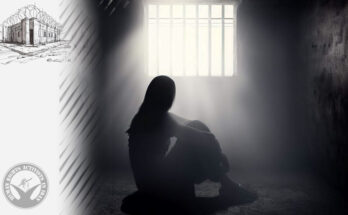Source: Iran International

A 16-year-old girl in Tehran took her own life following a confrontation with a school principal over wearing jeans instead of a required uniform during a field trip, her grieving father told a local news outlet.
In an interview with Tehran-based Rokna News, the father said the school told him that his daughter, Arezou, had left the premises without permission.
Later, he learned she had jumped from the sixth floor of a friend’s residential building.
The father held the school responsible for her death through its overreaction, adding that the family has filed a formal complaint against the principal. The incident was not isolated, and her hijab had been disputed by the school previously, he said.
The outlet cited the father’s surname as Khavari, but in common news writing practice, it did not provide a first name.
“Last year, they also tried to prevent her enrollment, using excuses like having too many friends or letting a bit of her hair show,” he told Rokna News.
Her death follows the dramatic disrobing by a female student at Tehran’s Islamic Azad University, in an act a student news outlet and even the official Fars News agency said followed an altercation with Islamic dress code enforcers.
Efforts to enforce stringent dress codes for women have intensified since a September 2022 uprising. That movement, dubbed Woman, Life, Freedom, was ignited by the death of 22-year-old Mahsa Amini while in police custody for alleged hijab violations.
Despite widespread public resistance, the government has escalated measures to uphold mandatory hijab norms, leading to the closure of businesses and the impounding of vehicles linked to hijab infractions.
A state-backed hijab enforcement plan called Project Noor—”light”” in Persian—was launched on April 13 and has led to increased deployment of paramilitary Basij units and plainclothes officers in public spaces.
Universities like Al-Zahra in Tehran have even implemented facial recognition at entry gates to ensure compliance.
During his campaign, Iranian President Masoud Pezeshkian criticized the initiative as a “Darkness Plan” and pledged to end morality police patrols and violence against women.
Despite this, in October, the Guardian Council approved a controversial new Hijab and Chastity bill, which remains under parliamentary review.




